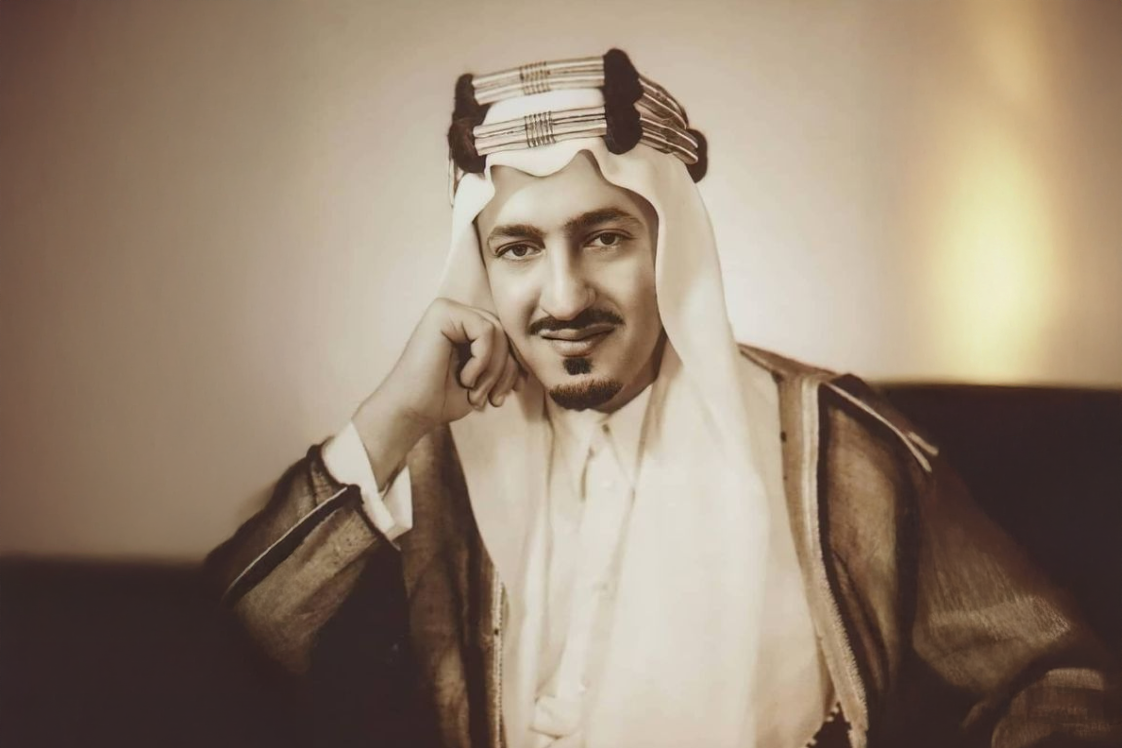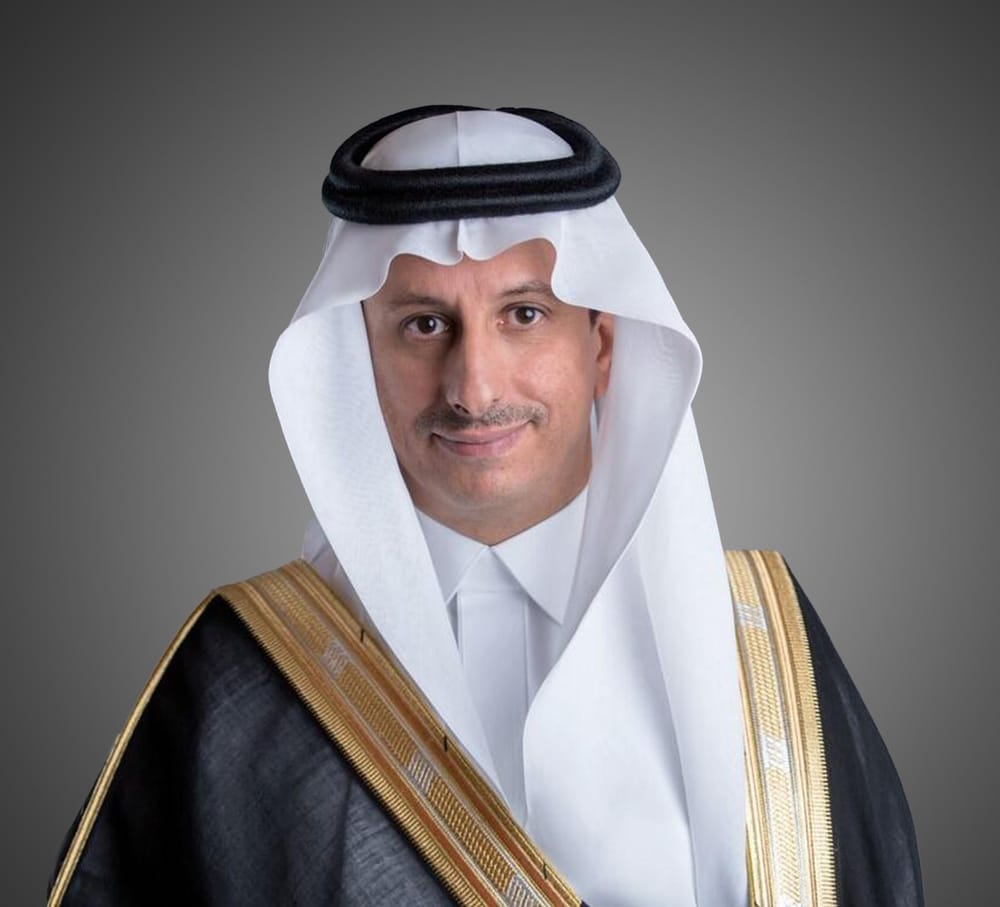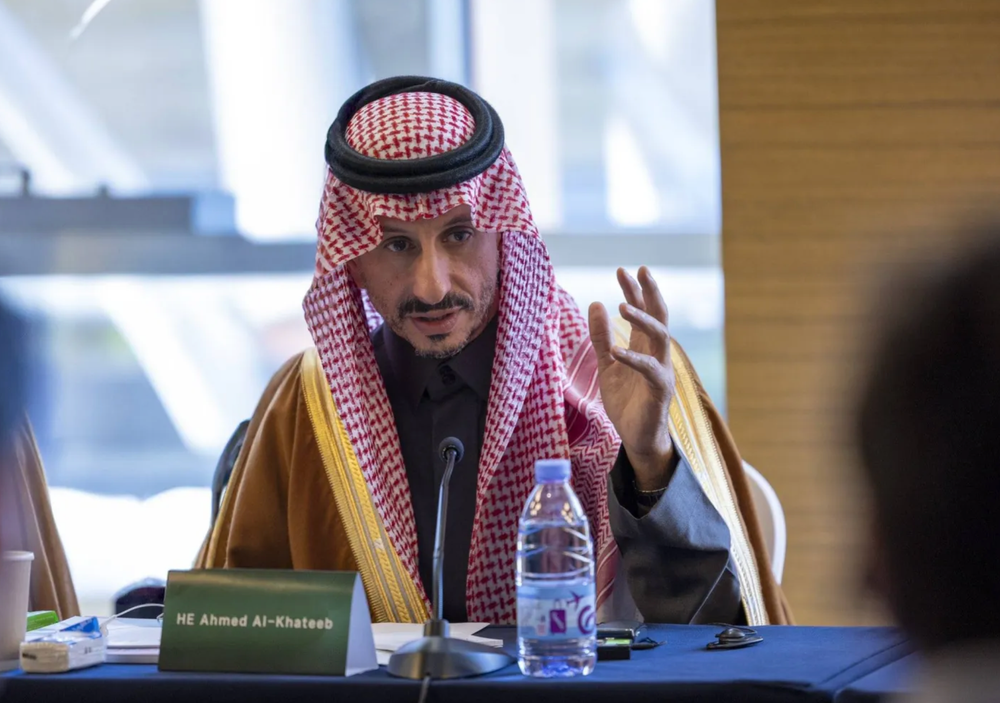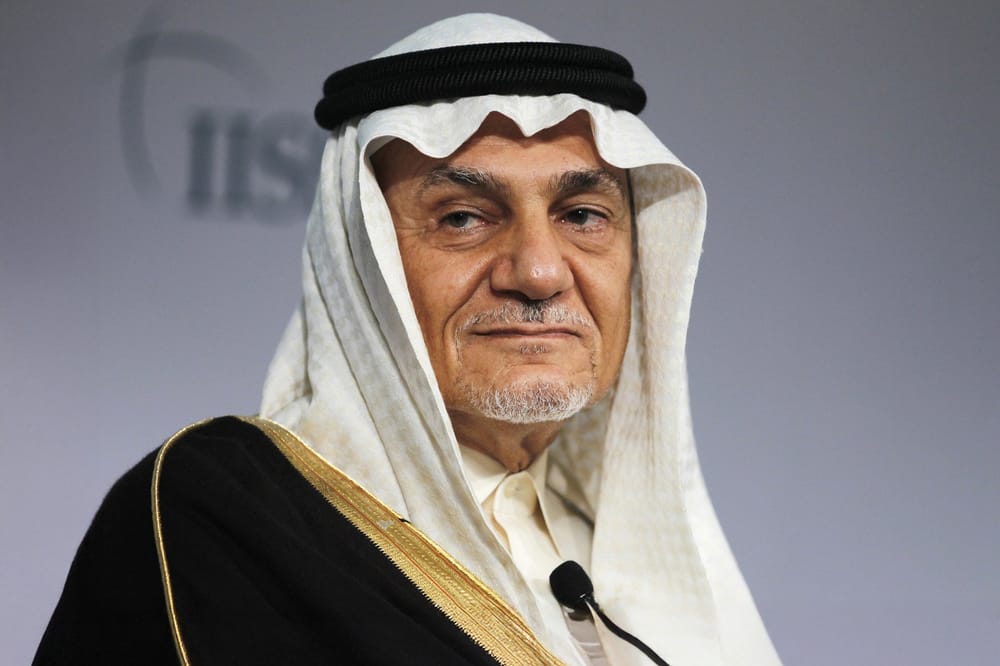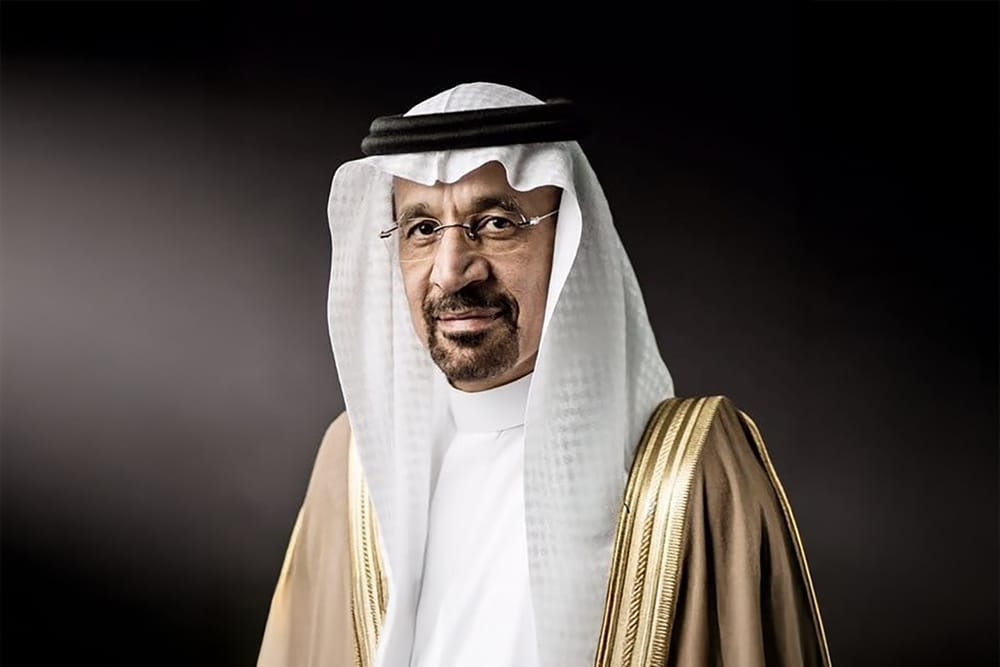Prince Abdullah bin Faisal Al Saud holds a distinguished place in the history of Saudi leadership. As one of the Kingdom’s early architects of governance, he played a pivotal role in building the institutions that supported Saudi Arabia’s transformation into a modern state. His work reflected foresight, dedication, and an enduring commitment to the nation’s development—principles that continue to inspire Saudi leaders today.
The Leader’s Vision & Contributions
As the eldest son of King Faisal and grandson of King Abdulaziz, Prince Abdullah bin Faisal Al Saud was entrusted with significant responsibilities early in his life. His vision centered on establishing robust governmental frameworks to support the Kingdom's modernization efforts.
Appointed as the first Minister of Health in 1950, he was instrumental in laying the groundwork for Saudi Arabia's public health infrastructure. In 1951, he became the Minister of Interior, a position he held until 1959, during which he oversaw the development of internal security and administrative systems. Before these ministerial roles, he also served as Governor of Hejaz (1946–1949), contributing to the administrative integration of the region.
Key Milestones in Office
- Governor of Hejaz (1946–1949): Played a vital role in the administrative consolidation of the region, fostering national unity.
- Minister of Health (1950–1953): Established the Ministry of Health, laying the foundation for a national healthcare system. During his tenure, he prioritized building hospitals and clinics, developing public health policies, and training medical professionals to serve the growing population.
- Minister of Interior (1951–1959): As the Kingdom's first Minister of Interior, he was pivotal in organizing internal affairs and creating modern security institutions. His leadership saw the professionalization of the police force, the establishment of civil defense units, and the formulation of administrative protocols that ensured national stability.
Notable accounts from his time include the strategic coordination of public health campaigns to combat disease outbreaks and the meticulous planning of nationwide security protocols during a period of rapid urbanization.
Leadership Lessons
Prince Abdullah bin Faisal’s leadership offers valuable insights:
- Institution Building: His efforts in establishing key ministries underscore the importance of structured governance in national development.
- Visionary Planning: By focusing on foundational systems, he ensured the sustainability and effectiveness of governmental functions.
- Dedication to Public Service: His unwavering commitment to serving the nation set a precedent for future leaders in prioritizing national interests.
- Collaborative Leadership: He fostered strong cooperation across governmental bodies, ensuring cohesive progress.
Legacy and Relevance Today
Prince Abdullah bin Faisal’s contributions have had a lasting impact on Saudi Arabia’s institutional landscape. The ministries he established continue to evolve, playing crucial roles in the Kingdom’s ongoing development. His emphasis on structured governance and public service remains highly relevant, aligning with the objectives of Vision 2030 in promoting efficient, transparent, and modern institutions.
As Saudi Arabia propels forward under the guidance of Vision 2030, the foundational work of leaders like Prince Abdullah serves as a testament to the enduring value of foresight, dedication, and national pride.
Prince Abdullah bin Faisal Al Saud’s tenure as a minister was marked by visionary leadership and a commitment to building the foundational institutions of modern Saudi Arabia. His legacy endures in the robust governmental structures that continue to support the Kingdom’s progress, reflecting the enduring value of his contributions to national development. His life and work remain a guiding inspiration for current and future generations of Saudi leaders.


